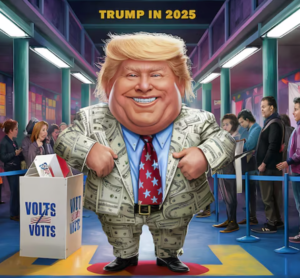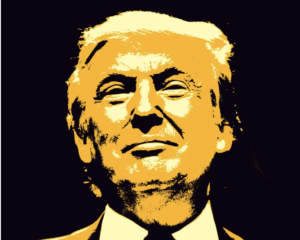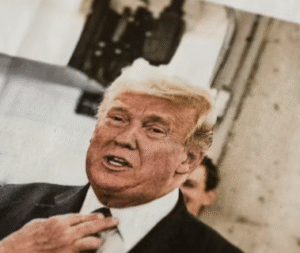$VFINX $GOOGL $MSFT
#Trump2024 #CorporateTax #Markets #USPolitics #GlobalEconomy #CorporateAmerica #StockMarket #TaxReform #BusinessNews #TaxPolicy #InternationalTrade #WallStreet
A potential Trump victory in the next U.S. Presidential election is raising concerns about the future of the global corporate tax deal. Market analysts and tax experts are now expressing doubts over the deal’s survival, as many countries may hesitate to implement tax reforms over fears of facing adverse reactions from a Trump-led administration. After all, the previous administration under Trump was aggressive in its foreign policy regarding trade and taxation, often siding with unilateral approaches over multilateral cooperation. This looming reality has the potential to significantly alter the dynamics of not only corporate tax compliance but also international relations and trade, impacting a range of industries such as tech and manufacturing.
A key aspect of this global corporate tax deal involves establishing a minimum tax rate across countries—part of an effort to curb tax avoidance by multinational corporations. Many large companies, including tech giants like $GOOGL and $MSFT, have benefitted from the current corporate tax structure by shifting operations and intellectual property to lower-tax nations, often reducing their overall tax burden. However, a Republican victory led by Trump could embolden opposition to a globally coordinated tax framework. Most notably, the Trump administration was previously critical of global tax accords, and there is well-founded speculation that a return to power would see similar policies re-emerge, derailing any forward momentum on taxing multinationals more aggressively.
Broader market implications stretch across several sectors. The uncertainty surrounding global tax reforms could affect financial markets, particularly the stock prices of multinational corporations that are counting on continued flexibility to structure their taxes. A rollback of this global agreement, or the failure to implement it, may lead to significant volatility, especially for companies entrenched in cross-border activities, such as tech firms, major pharmaceutical companies, and conglomerates. While some of these companies might see short-term stock surges driven by investor optimism about lowered tax burdens, the potential for retaliatory tariffs or trade sanctions could introduce risks in both domestic and international markets, causing instability.
Political instability in reaction to Trump’s potential return to power could also weaken international cooperation on a range of economic fronts. Besides tax treaties, international trade agreements and supply chains might be put into jeopardy, increasing costs and compliance woes for multinational businesses. This would also limit consumer access to cheaper products as companies grapple with increased tariffs or political barriers constructed by a combative U.S. government under Trump, impacting investor confidence globally. Given these dynamics, global markets will be closely watching developments in U.S. politics, particularly as we approach the 2024 election cycle, as the outcome has far-reaching consequences for both Wall Street and Main Street.







Comments are closed.